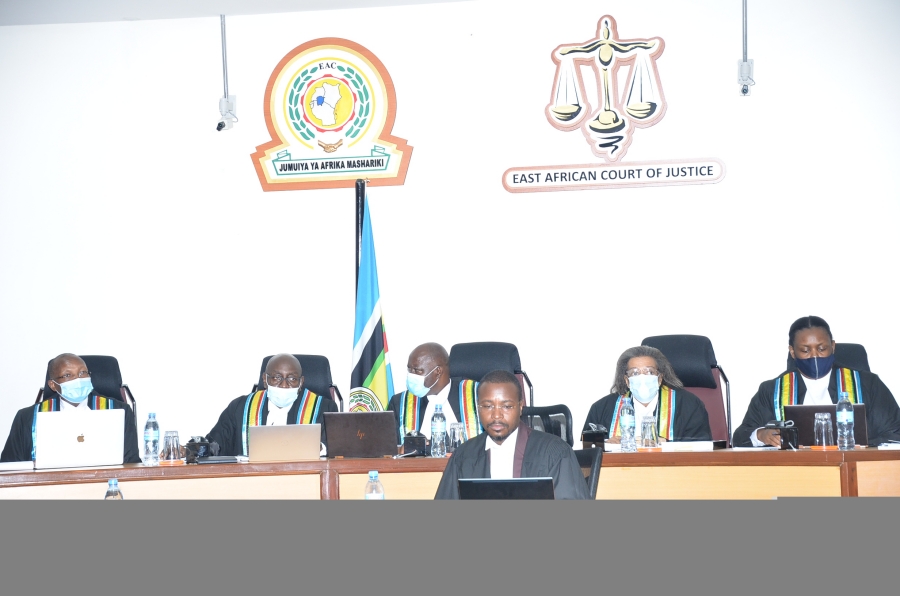Israel coalition in crisis as ultra-Orthodox party quits over military draft dispute

Despite opposition from far-right Cabinet members who reject any halt to military operations in Gaza, Netanyahu's government is engaged in indirect talks with Hamas in Qatar to negotiate a two-month ceasefire.
Israel’s government has been plunged into uncertainty after a key religious party, United Torah Judaism (UTJ), announced its withdrawal from the ruling coalition over a dispute on military service exemptions.
On Tuesday, UTJ said six of its members would resign from both government and parliamentary roles. The party is reportedly furious that lawmakers have failed to pass legislation shielding ultra-Orthodox seminary students from future military drafts.
More To Read
- At least 21,000 children disabled due to Israel's war on Gaza - UN
- From classrooms to shelters: Gaza children face third year without education
- South Africa leads global push for Gaza justice as Israeli general cancels visit
- Israel says Hamas spokesman killed in Gaza airstrike
- Was the ‘double tap’ attack on Gaza’s Nasser hospital a war crime? Here’s what the laws of war say
- Local journalists and fixers are dying at unprecedented rates in Gaza, can anyone protect them?
These students have long been exempt from mandatory service—a policy many Israelis see as unfair, particularly as thousands serve in active combat zones.
According to Reuters, the resignations will take effect in 48 hours, giving Prime Minister Benjamin Netanyahu a short window to try and resolve the crisis.
Parliamentary majority
There are also signs that another ultra-Orthodox party, Shas, may follow suit. If it does, Netanyahu could lose his parliamentary majority.
However, with Parliament due to begin its summer recess at the end of July, the prime minister may gain extra time to stabilise his coalition.
Netanyahu is also facing pushback from far-right Cabinet members who oppose any suspension of military operations in Gaza. Nevertheless, indirect talks with Hamas are ongoing in Qatar, aimed at securing a two-month pause in hostilities.
The proposed truce would facilitate the release of some hostages and allow humanitarian aid to enter Gaza.
Despite internal divisions, Netanyahu is expected to muster enough Cabinet support to approve the deal if an agreement is reached.
The current war began on 7 October 2023, when Hamas launched a deadly surprise attack on Israeli communities, killing 1,200 people and abducting 251 others.
Since then, the conflict has claimed the lives of around 450 Israeli soldiers, making it the deadliest military campaign for Israel in decades.
Israel’s response has devastated Gaza, with over 58,000 Palestinians reported killed and nearly the entire population displaced, according to Gaza health officials.
Top Stories Today











































